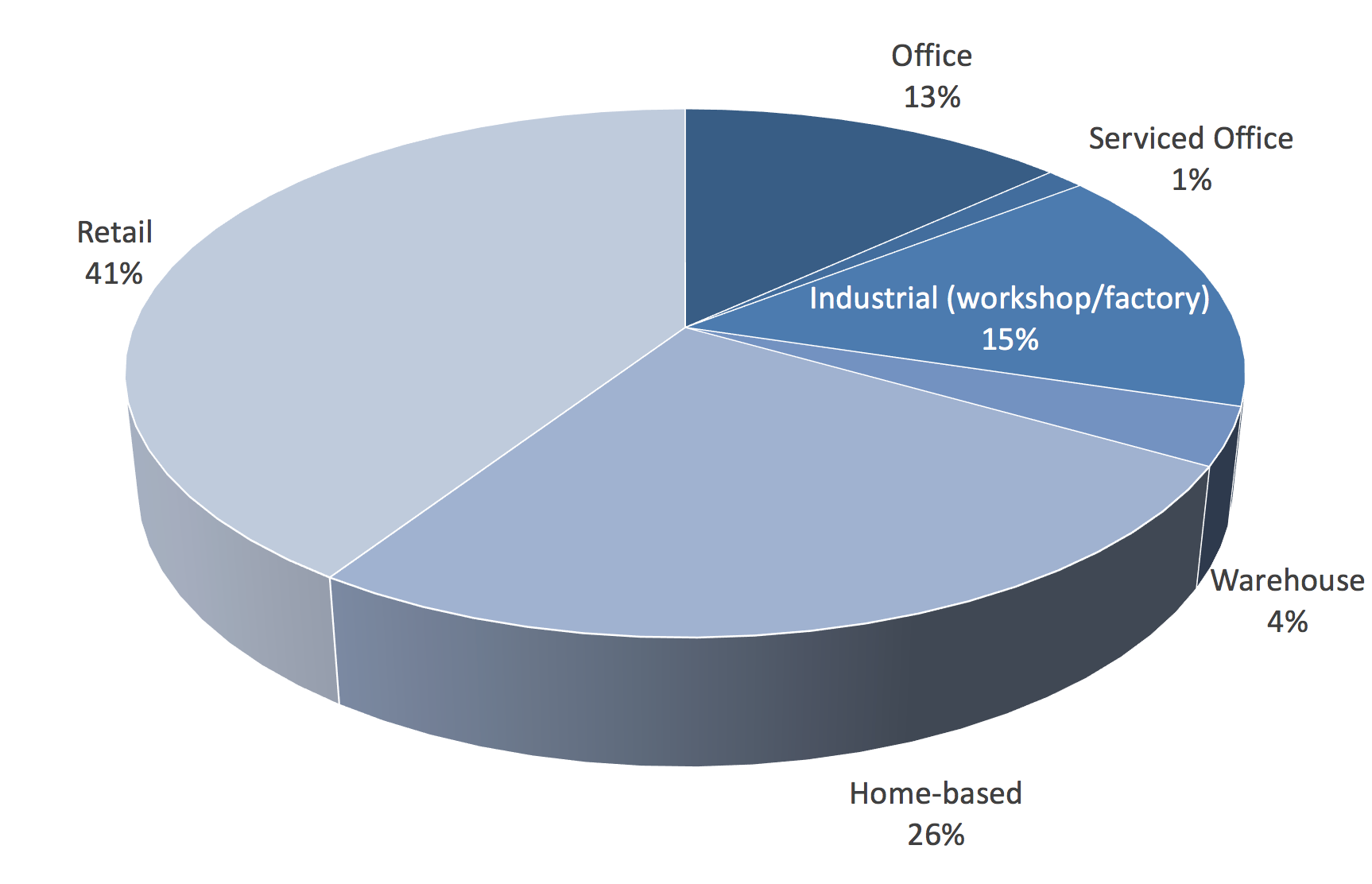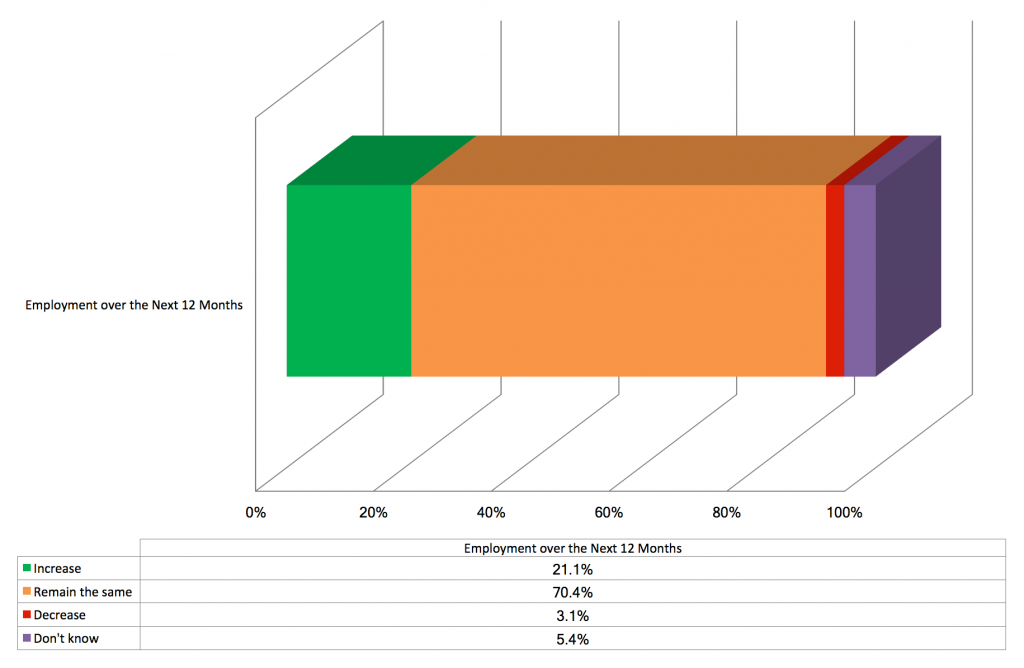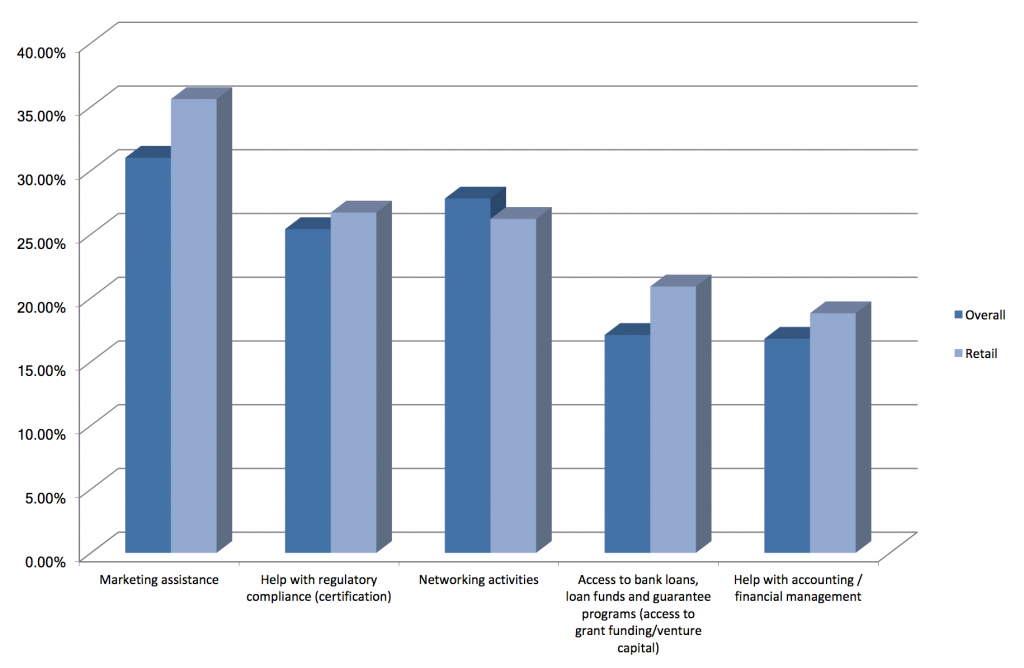What are businesses telling us about the local economy?
We’ve recently gained some really interesting insights into the conditions for business growth having run a number of research projects across Somerset.
Whilst it’s generally recognised that local Councils, along with other support agencies, have an important role to play in encouraging and developing local business enterprise, delivering change is easier said than done.
The most common failing is undoubtedly a lack of information on what local businesses actually need, as so much of the data that is produced looks at trends across entire regions or economic sectors.
Over the past year, we’ve interviewed over 900 businesses across Somerset, assessing their economic outlook and business support needs. Over a quarter of these businesses have been managed by people working from home.

For many, this approach is a deliberate lifestyle choice that enables them to more effectively manage their work/life balance. Whilst this approach challenges traditional perceptions of business, there are those who are looking to establish themselves in a more formal working environment, enabling them to grow and increase the number of people they employ.
Over a fifth of all the businesses we’ve spoken to are looking to take on more employees over the next 12 months, with only 3% expecting the numbers of employees to fall.

When resources are limited, understanding more about the 3% of businesses in fear of decline could make all the difference to targeting available support where it can do the best.
One of the key drivers for our work has been interest in office space and the business support services that can help businesses grow. Clearly, these services differ between manufacturing, business services and high street retail trades, yet there are trends common to all businesses that demonstrate the importance of marketing and in particular networking opportunities.

Indeed, help with regulatory compliance has consistently scored higher, in our experience, than businesses telling us that their growth is dependent on access to further funding opportunities.
These three simple examples show how even a basic understanding of the needs of the very local economy can inform public or private investment in business support. These insights can shape the focus of a campaign either aimed at supporting declining industries or realising the potential of growth markets.